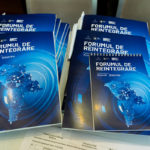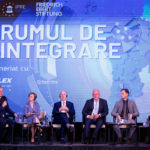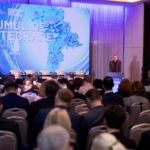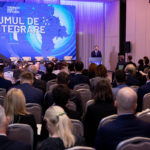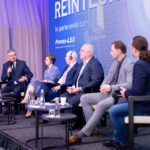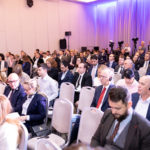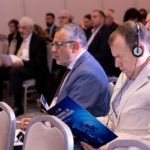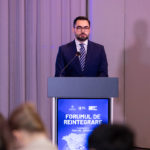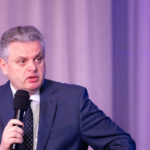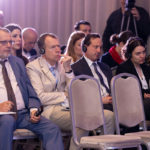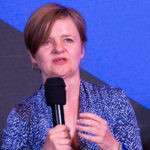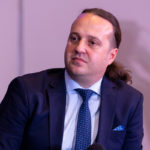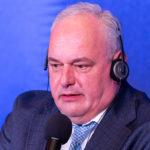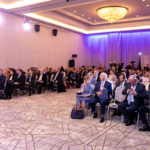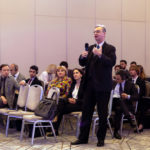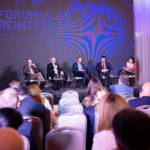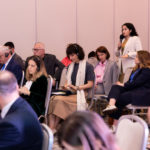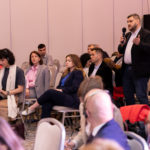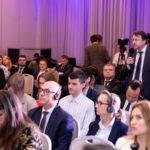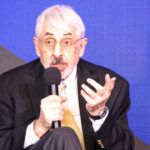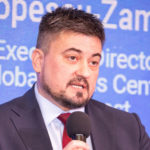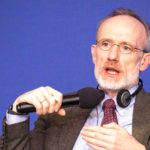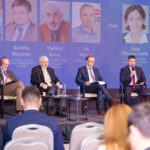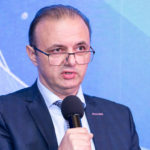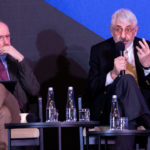The first Moldova Reintegration Forum took place in Chișinău
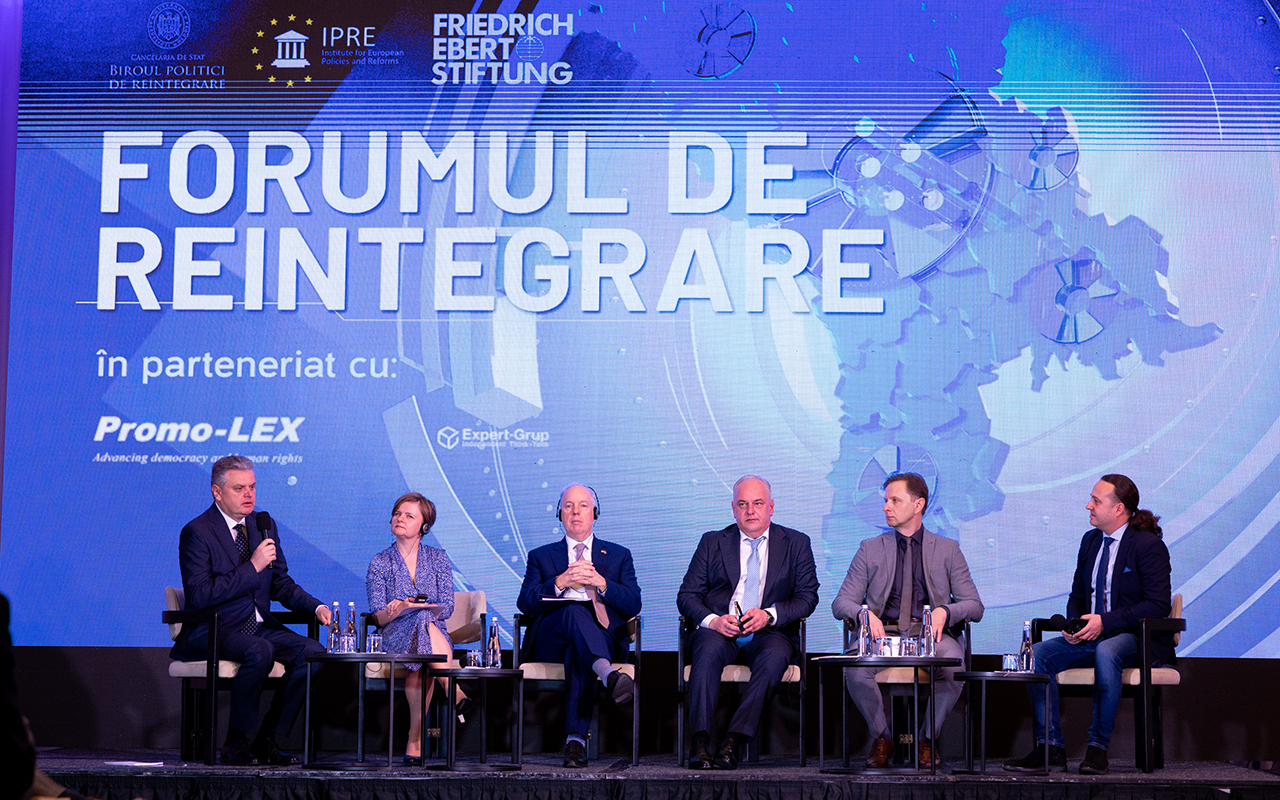
The Institute for European Policies and Reforms (IPRE), Friedrich-Ebert-Stiftung and Bureau for Reintegration Policies, in partnership with Expert-Grup and Promo-LEX, organized on the 11th of April 2024 the first Moldova Reintegration Forum.
The aim of this initiative is to provide a platform for dialogue and exchange of policy recommendations for Moldova’s reintegration process, with the participation of Moldovan governmental authorities, national and international think-tanks, as well as individual experts and academia. The event will be attended by more than 150 participants from Moldova and European states.
The first panel of the event, moderated by Mădălin Necșuțu, Journalist, TVR Moldova, focused on the key priorities of the political agenda of Moldova’s reintegration process. Please find below the main inputs provided by the speakers:
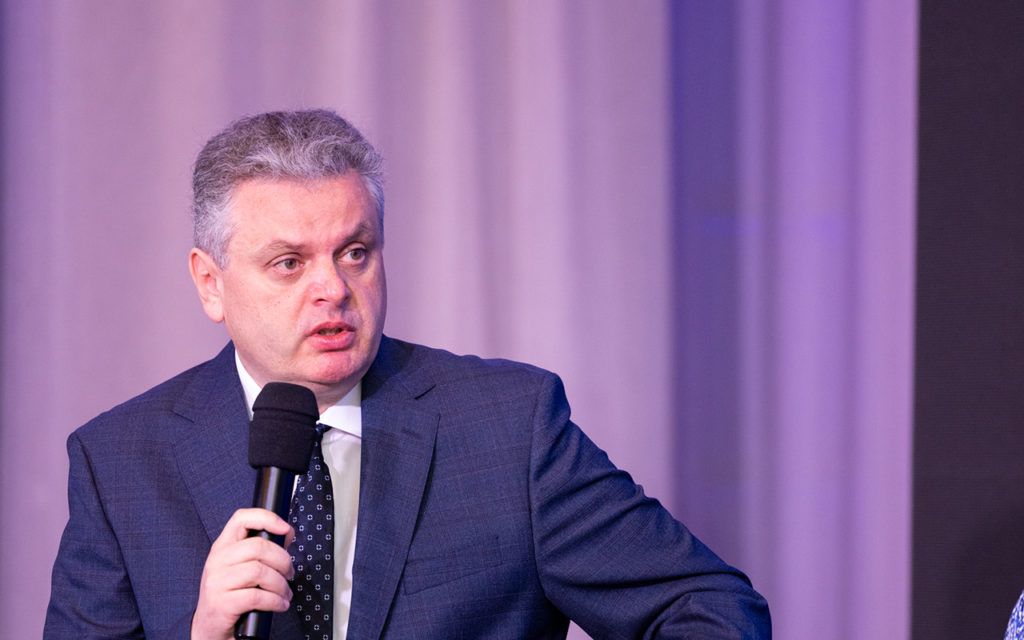
Oleg Serebrian, Deputy Prime-Minister for Reintegration: “Regarding the European course of Moldova and its correlation with the reintegration file, these two processes cannot be synchronized – each must go at its natural pace. The speed with which we move towards the EU will set the tone for the country’s reintegration process, and not the other way around. It is difficult to talk about the Transnistrian settlement without peace in Ukraine. At some point, together with the EU and US partners, we will have to think about a complex vision for the Black Sea region, because all the conflicts in this region have a common genesis and are interdependent – Transnistria, Ukraine or the conflict in Ossetia and Abkhazia in Georgia. All three countries are candidates for EU membership, which is why the EU needs to have a regional vision, just like the US. We have our partners from Ukraine together with us. In the regulatory process that will follow, it is important not to create surprises. This means that the steps we take must be coordinated with external partners, with Brussels in the first place, as well as with partners in Ukraine, but also with Romania, which has an important role in our region. In this context, it is important to have a dialogue with Tiraspol, including on the European file and the adjustment to European standards. I believe that an additional working group on this field will be established soon. I hope that Tiraspol will support this idea, which will target the customs, fiscal, banking and environmental fields, i.e., the rigors that Moldova assumed in the process of joining the EU and which must gradually be extended to the left bank as well”.
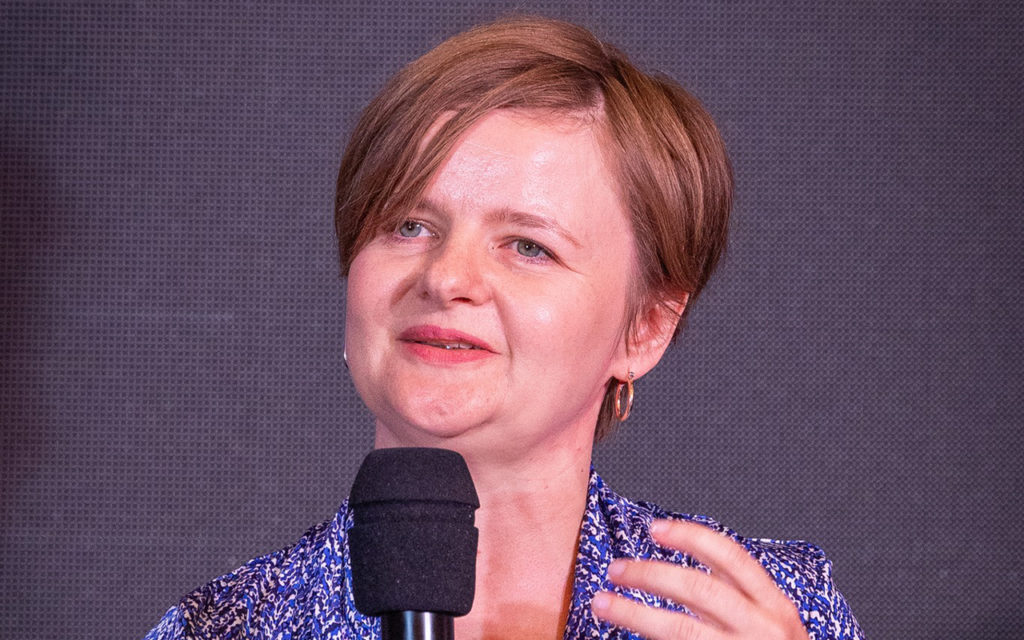
Dorota Dlouchy-Suliga, EU Representative for the Transnistrian settlement negotiation process, Head of Division, EEAS: ”EU would like to have in the case of Moldova a new member, which should be stable, secure and strong. It is in the interest of Tiraspol to maintain stability and security. EU accession and reintegration are different processes. European integration is not a process of conflict resolution, but it could also have this effect. In recent years, EU support has increased many times and not only because of the war in Ukraine. It is important that in the process of implementing the reforms, the differences between Chisinau and Tiraspol are not accentuated. In our view, we cannot have just one institution leading the reintegration – several institutions must be involved, acting in a coordinated manner. Stability and security are paramount in this process, and the status quo is not the way forward.”
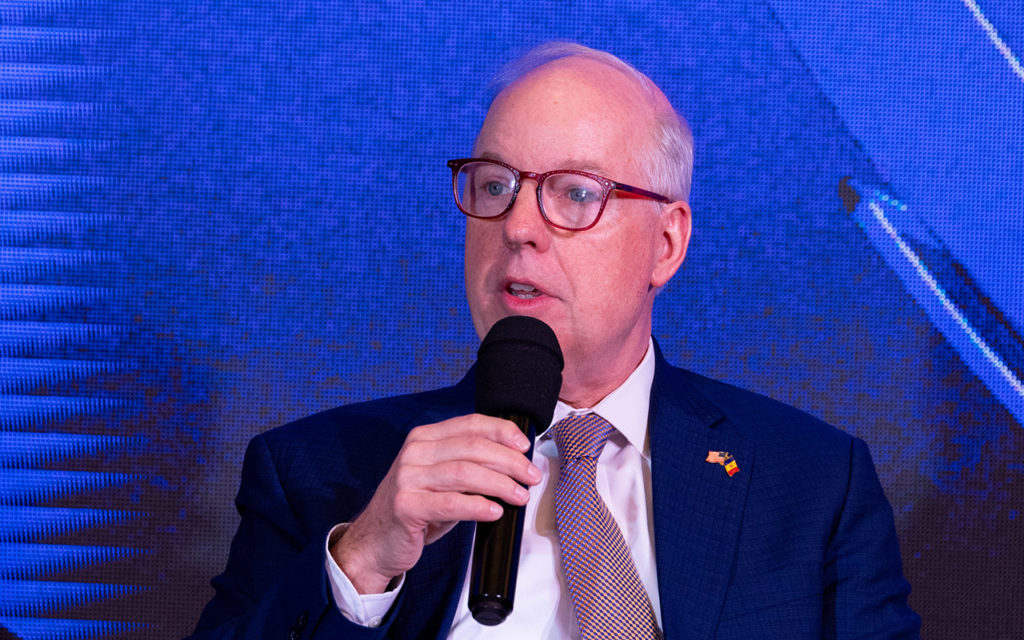
Kent D. Logsdon, Ambassador of the United States of America to Moldova: “There are many difficult topics in the context of Moldova’s reintegration – economic, fiscal or education. We have to get to the situation where the Russian troops are withdrawn, as the Government has requested. We are affected by misinformation, there were also corrupt leaders who did not want a reintegration of the country. History shows us that energy was Russia’s favorite tool of blackmail, but now, after the start of the war in Ukraine, Moldova has achieved energy independence, including with the support of the United States. Moldova needs international assistance to raise living standards and connect to Western energy markets. In recent years, the United States has provided 770 million dollars in assistance to Moldova. The Moldova will find its place in the European family in the future, just like Ukraine, so a similar vision is needed from the West for a future member state. The United States undertakes to continue supporting Moldova. We will continue to work with the OSCE and other partners. The commitment to reintegration is one for a more stable and prosperous European country”.
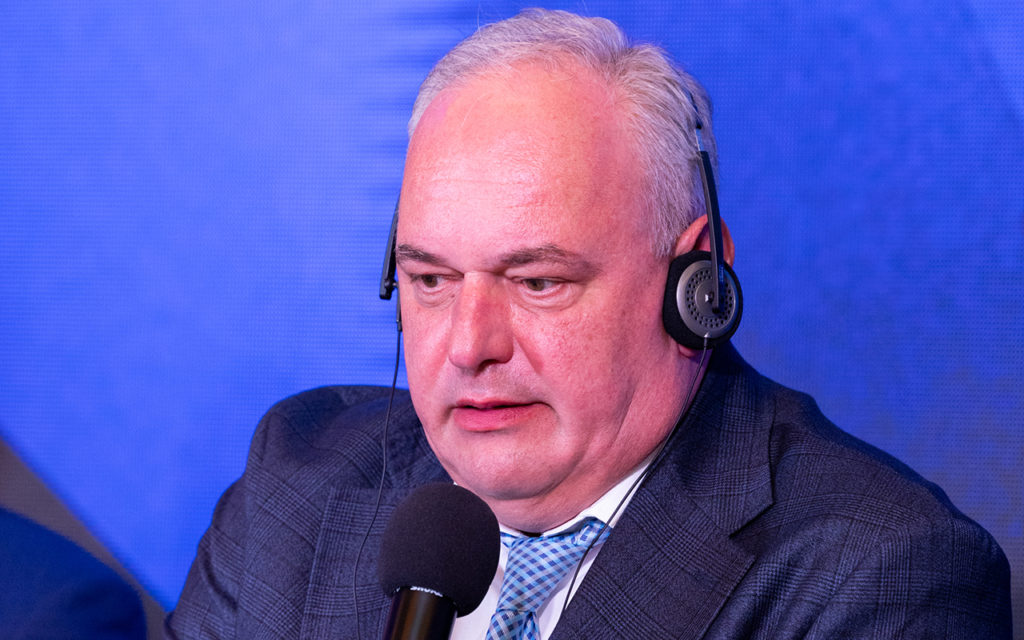
Păun Rohovei, Ambassador of large of Ukraine, responsible for the transnistrian file: “Ukraine’s firm position is that the settlement of the Transnistrian conflict must result in the reintegration and obtaining by Chisinau of legal control over this territory, as well as Moldova’s territorial integrity within internationally recognized borders. Considering the purpose of the regulation – the reintegration of the country – an important priority is the rapid withdrawal of the troops of the aggressor state from Moldova’s territory. It is an element that will provide conditions for a more efficient regulation in the future. The presence of Russian army on Moldova’s territory is a risk factor for Ukraine as well, as are the warehouses of weapons and ammunition. The transformation of the peace mission on Nistru from a military to a civilian one is also important. Taking into account this aspect and the war started by Russia in Ukraine, Kyiv does not see it possible to continue a dialogue at the negotiating table with Russia regarding the Transnistran settlement. We remain an active player in this process. New negotiation formats are needed for peaceful reintegration and for the European path of Moldova and Ukraine. I am sure that on the left bank of Nistru river there are people who understand this. This is why we must maintain the dialogue with those who are empowered to conduct negotiations, but also with the civil society there”.
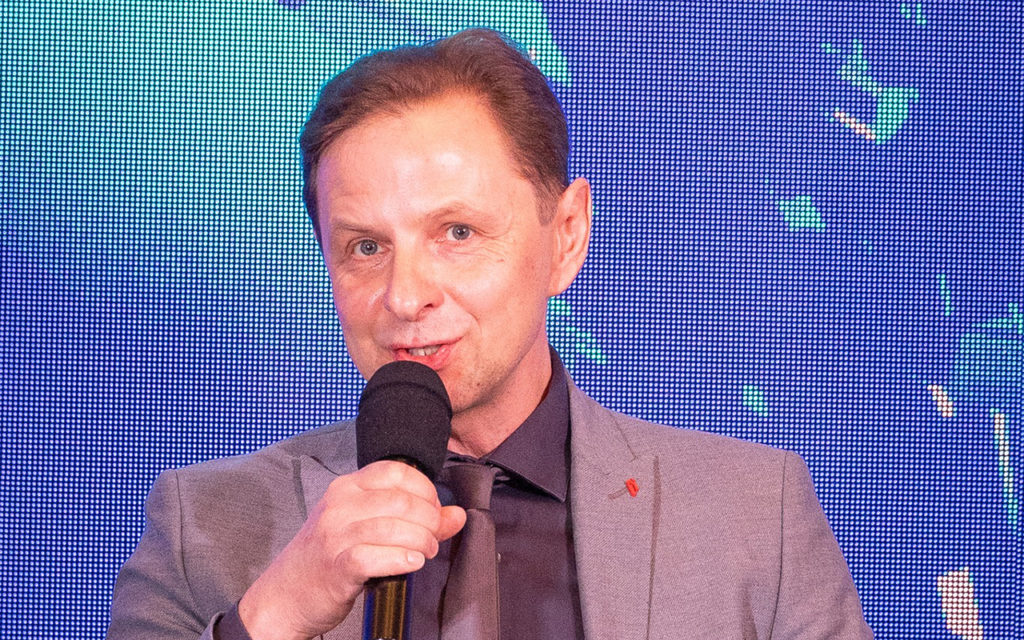
Vladislav Kulminski:, Executive Director, Institute for Strategic Initiatives (IPIS): “Russia’s plan is to bring to power in Chisinau a government that will not actively promote European integration and this will put on pause any effort to settle the Transnistrian conflict and leave Moldova in a gray area. With the start of Russia’s war in Ukraine, the scale of Moldova is so great that now the resolution of the Transnistrian conflict can no longer be done gradually. Everything evolves very quickly and a political solution must be developed quickly. We must be prepared to take decisions on this subject. Domestically, we have two rounds of important elections in the coming period, and promoting a political solution to the conflict, which will be an expensive process and will involve political costs for the political forces that will undertake this task. High costs and few benefits are not an approach that will ensure political support. The costs of the reintegration process are high and there is a need for political actors who will assume the political consequences of reintegration”.
In the second panel of the event, moderated by Oana Popescu Zamfir, Executive Director, Global Focus Centre, the security perequisites for the reintegration process were analyzed.
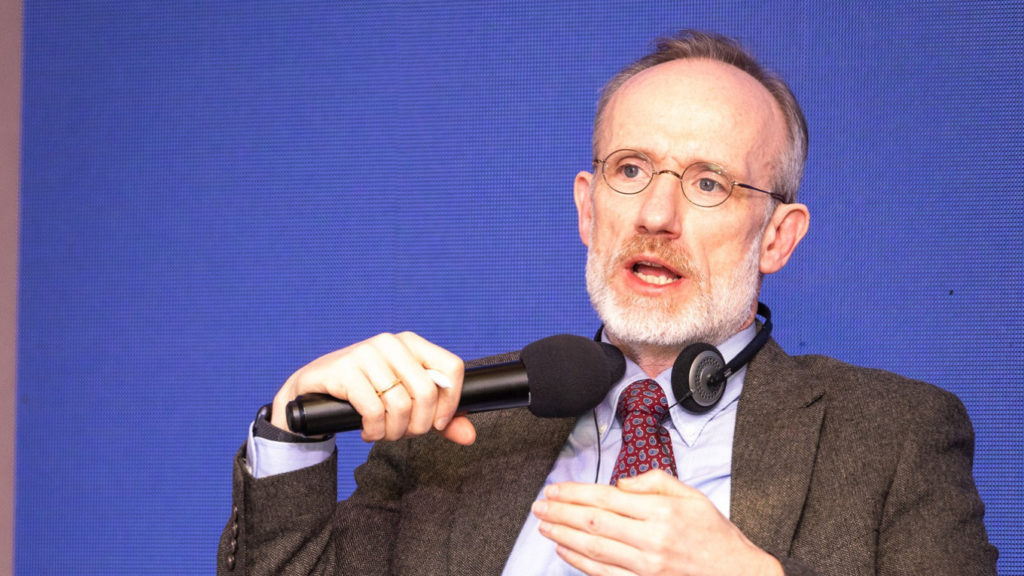
Stefan Wolff, Professor, International Security, Department of Political Science and International Studies, University of Birmingham: “The withdrawal of Russian troops from Transnistria is a key factor for reaching a solution to the Transnistrian conflict. The demilitarization of the region also means the transformation of the status of the peacekeeping forces, which are also an element that must be seen through the lens of demilitarization. We are not discussing the size of the contingent, made up mostly of locals who also have passports from other states, but more about how these forces are perceived in the Transnistrian region. These forces must be replaced, a transitional mechanism must be devised. Only under these conditions will we have guarantees regarding the resolution of the conflict. Demilitarization does not only mean the withdrawal of Russian officers from the Transnistrian region. We also need the involvement of the local autorities and civil society from the region.. We have to see what is the future that we propose to these people, predictable and long-term, which will ensure the sustainability of the European processes in Moldova”.
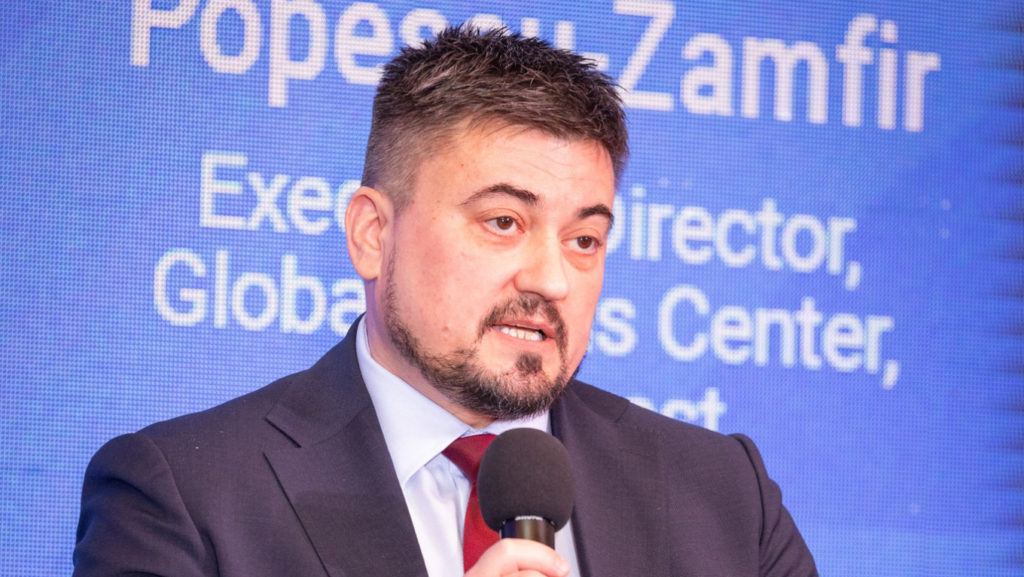
Dumitru Mînzărari, Lecturer in Security Studies, Baltic Defense College, Associate Analyst, IPRE:“Currently we have the most difficult period for a successful reintegration of Moldova. The current strategy that Moldova has is not the most suitable. On the other hand, today Russia has its own reintegration agenda – Russia wants to reintegrate the post-Soviet space. It is impossible for Moldova to reintegrate Transnistria as long as Russian troops are present there. There is a strong collision between the interests of the Moldova and Russia, and without changes in the leadership of Russia, the troops from Transnistria cannot be withdrawn. However, the current conditions also offer us opportunities – Ukraine’s solid interest in supporting Moldova. Ukraine actually has a greater interest in a solution in Transnistria than Moldova, because of the Russian troops in Transnistria, which are a challenge for Ukraine. The Moldovan authorities must change their approach if they want to achieve progress. It is important to talk more about the reintegration of the country, including in the context of EU accession. Moldova must have greater access to Transnistria and be able to talk with the population there.”
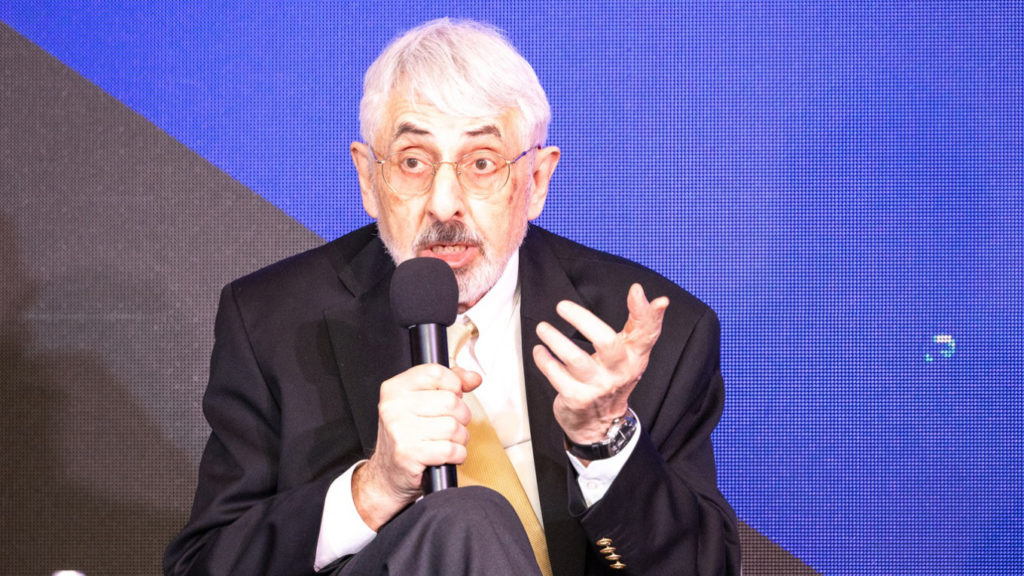
Vladimir Socor, Senior Researcher, Jamestown Foundation: “The revival of the 5+2 format is a great danger for Moldova. We must take advantage of the fact that the 5+2 format is not active in order to bury it for good. What should be done to avoid reconstitution of this format? I do not recommend that Moldova denounce him – it is not necessary. It can be buried by eternal non-summons and public silence. The 5+2 format is not legitimate, it was created and supported by Russia and left a toxic legacy: equality between Tiraspol and Chisinau, special status for Transnistria, favorable for Tiraspol, neutrality of Moldova and a system of firm guarantees with the participation of Russia. It is a recipe for Russia’s permanent interference in the internal affairs of Moldova, as a guarantor. Russia promoted the idea of special status in four cases: Transnistria, Donetsk, Luhansk and Karabakh. In Moldova, at least formally, this project still persists on paper. Russia seeks to block Moldova’s accession to the EU and will insist on the idea that Moldova’s accession to the EU is incompatible with Chisinau’s neutrality, which Russia insists on”.
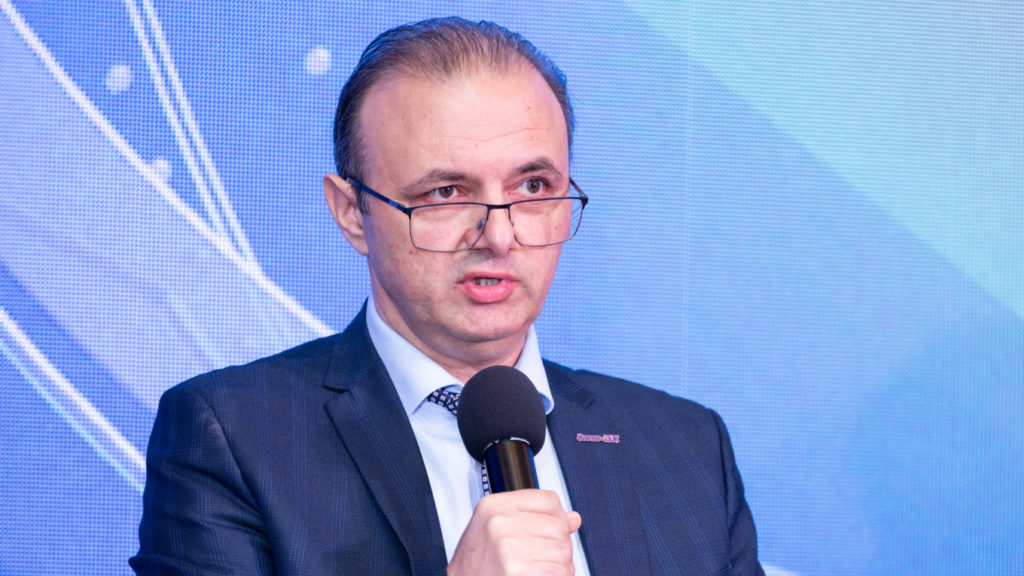
Ion Manole, Executive Director, Promo-LEX Association: “Democracy in Moldova saved Ukraine, and today Ukraine shelters Moldova. Imagine what it would be like in 2022 if Moldova would have acted as a second Belarus, something possible if there was a non-democratic regime in Chisinau. Such a scenario would have greatly complicated Ukraine’s situation. Today, in the context of reintegration, there is a lot of discussion about economic, political and social security, but very little about the involvement and information of citizens on the left side of Nistru. We have to take a step forward, change the optics. I have been waiting for years for solutions from our partners, but at the state and society level I have not seen very clear solutions. Without the involvement of citizens from both sides of Nistru in this process, we will only depend on the decisions of politicians”.
For more details, please follow the video recording of the event in Romanian here and in English here.
We would like to remind you that the Reintegration Forum was organized by the Institute for European Policies and Reforms (IPRE), Friedrich-Ebert-Stiftung and Bureau for Reintegration Policies, in partnership with Expert-Grup and Promo-LEX.

